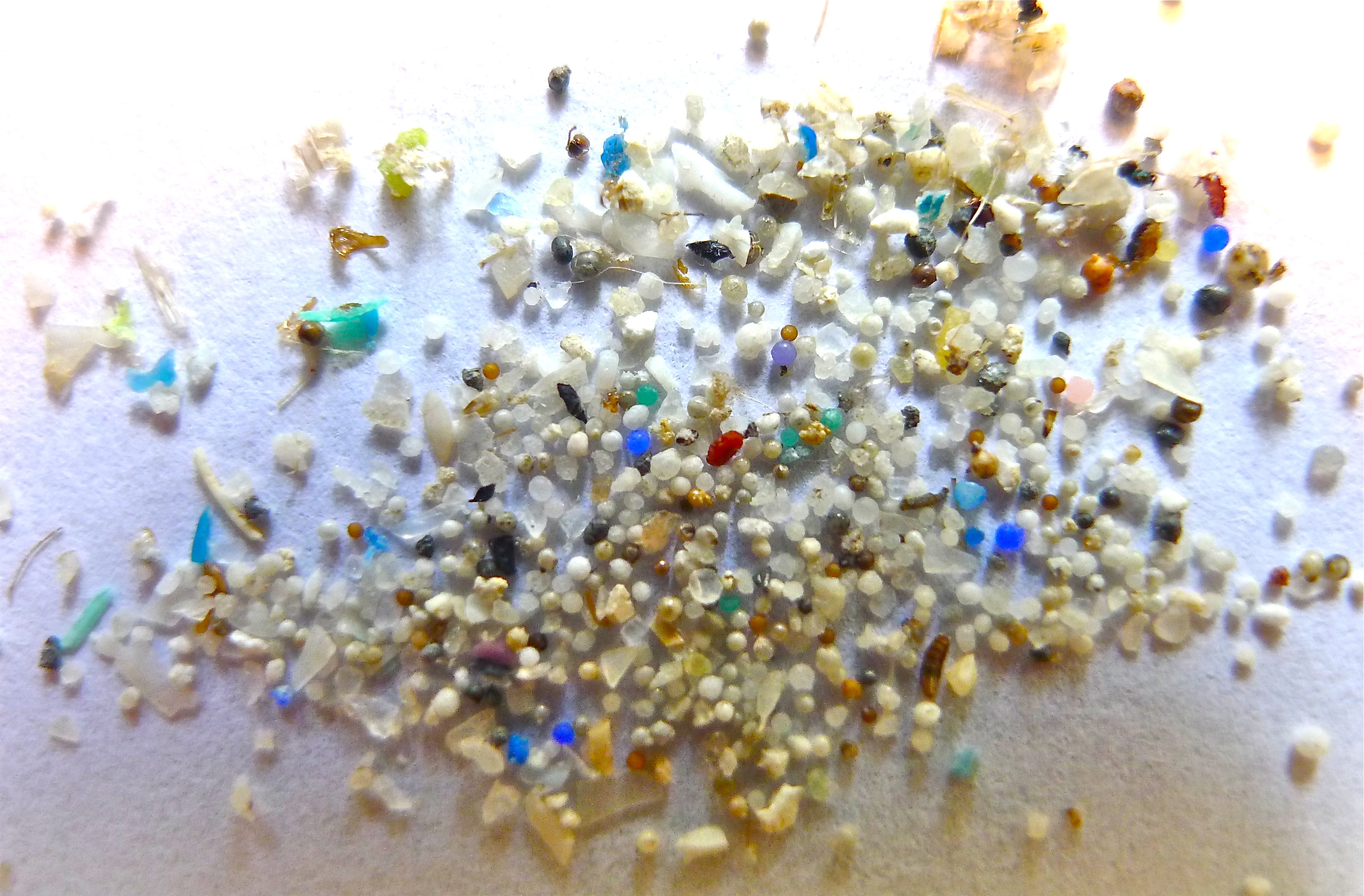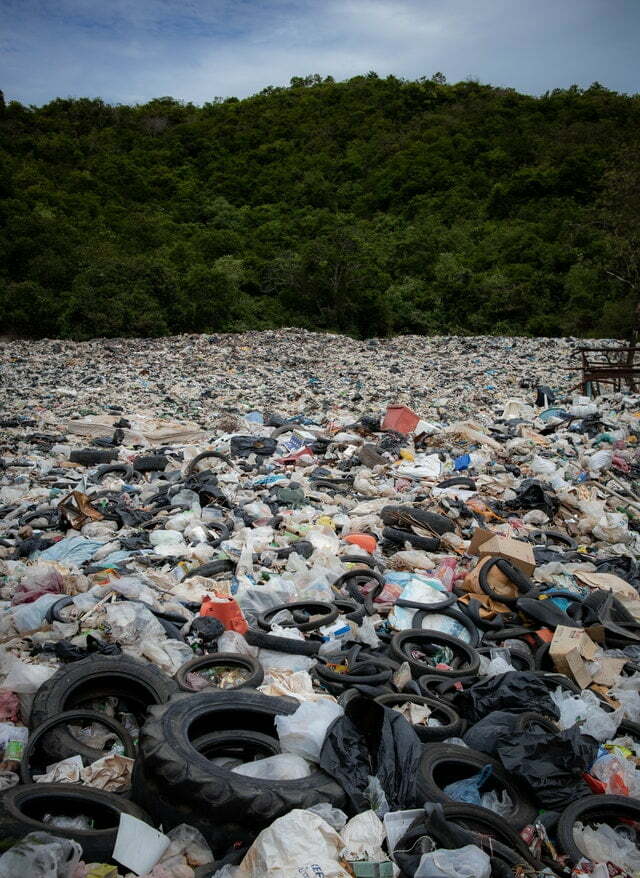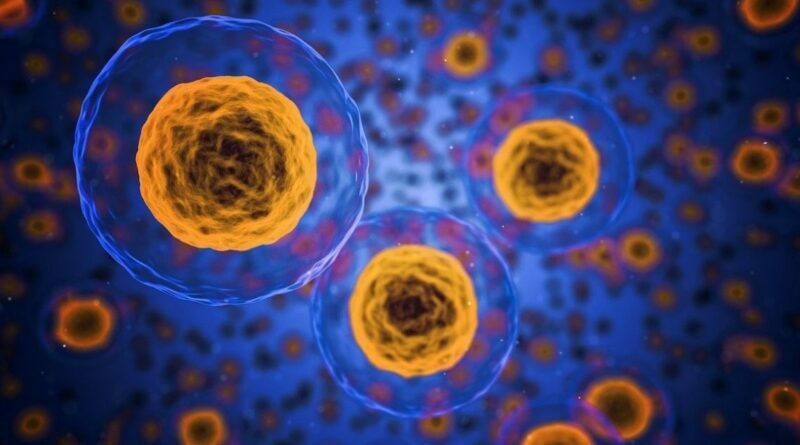Microplastics in human lungs, blood, excrements, what else?
Recent research showed that we have microplastics deep in our lungs. Yes! Plastic in living humans’ bodies. That is really scary! The research, conducted at Hull York Medical School in England and entitled « Detection of microplastics in human lung tissue using μFTIR spectroscopy« , is the first robust study to identify microplastics in the lungs of living people. Microplastics mean very small pieces of plastic resulting from industrial waste. Microplastics can range from 10 nanometers, smaller than the human eye can see, to 5 millimetres in diameter, about the size of the eraser on the end of a pencil. The tiny particles can be found floating in the air, in bottled or tap water, and in the soil or sea. Previous researches found microplastics in human blood and excrements.

In this study, researchers analyzed lung tissues from alive patients receiving medical care. The tissue showed a high concentration of Polypropylene and polyethylene terephthalate fibres used in almost all kinds of packaging, bottles and clothing. According to the study results, inhalation of microplastics is the main reason for their presence in the lungs. The big surprise for scientists was the size of microplastics found in the lower parts of the lungs. Although the airways are smaller in this part, the size of microplastics was relatively large, which arises many questions about the human body mechanisms of air filtration.
When you know that 300 million tons of plastic go to waste every year, you realize that not just your lungs that are full of plastics, but every single piece in your body! Maybe it is not a problem to live in symbiosis with microplastics!

Microplastics’ effects on human health
I do not want to be pessimistic, but it is evidence that having microplastics inside our bodies is not good for health and would have severe consequences in the short, mid and long term. Microplastics are resilient to degradation, so their deposit in the lungs is forever.
At the end of the research paper, references were given about studies on the impact of microplastics on human body. The findings are that human cellulars have four mechanisms to respond to microplastic exposure: cytotoxicity, inflammation, oxidative stress and frustrated phagocytosis. This sweet cocktail is the perfect condition to trigger a well-known team of diseases: cancer, asthma, diabetes, cardiovascular disease, Parkinson’s and Alzheimer’s disease, liver injury, arthritis and immune dysfunction.
In the end, I cannot give pieces of advice on how to avoid or eliminate microplastics as researches are still enjoining in this area. I can only wish you good luck!



